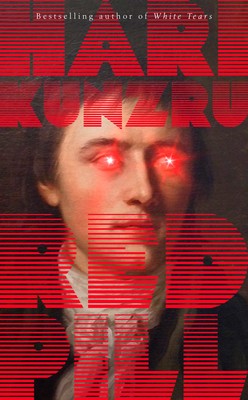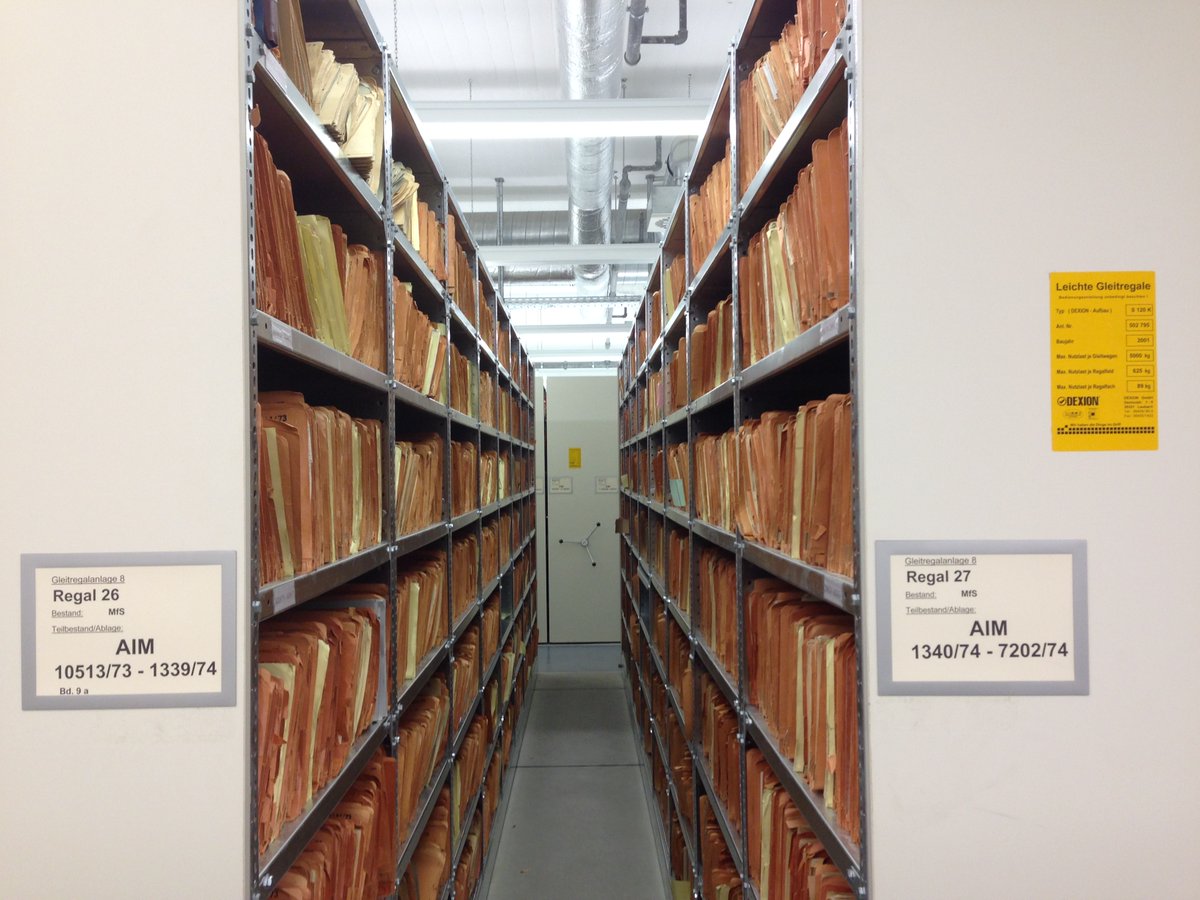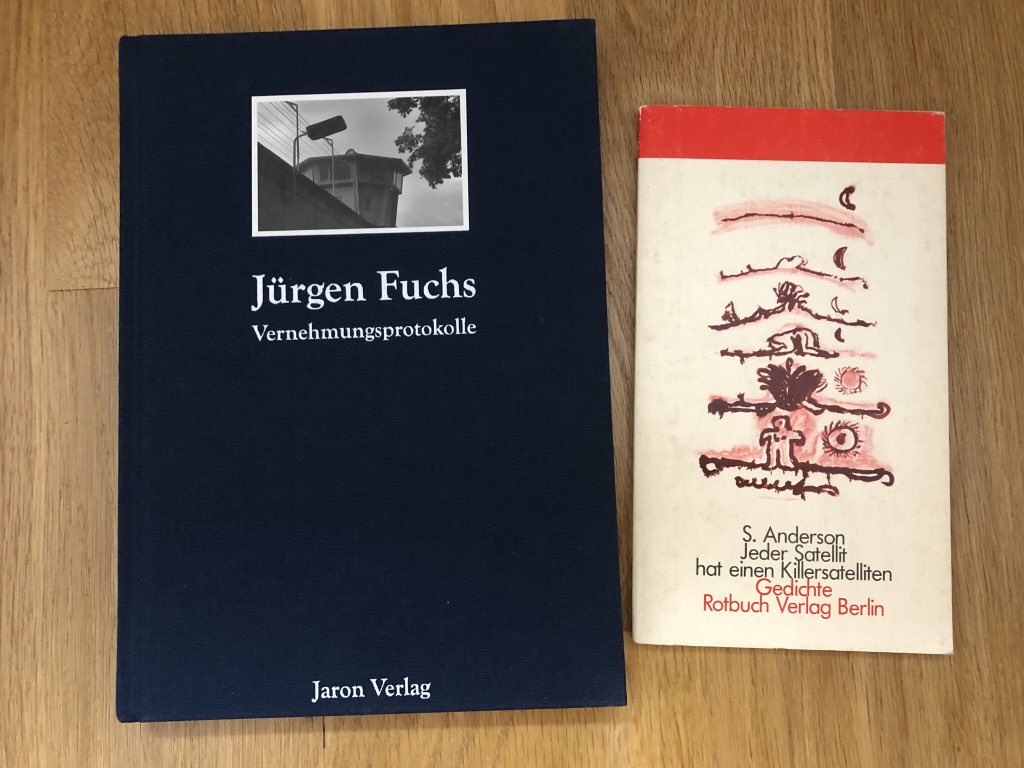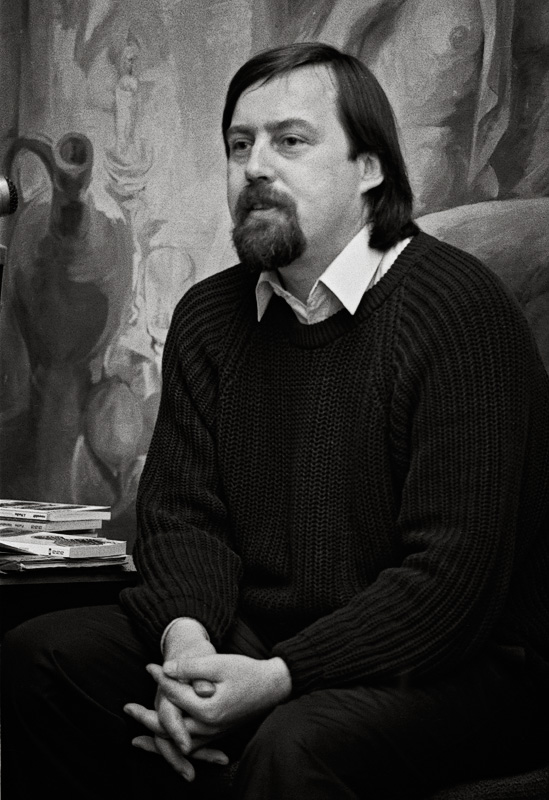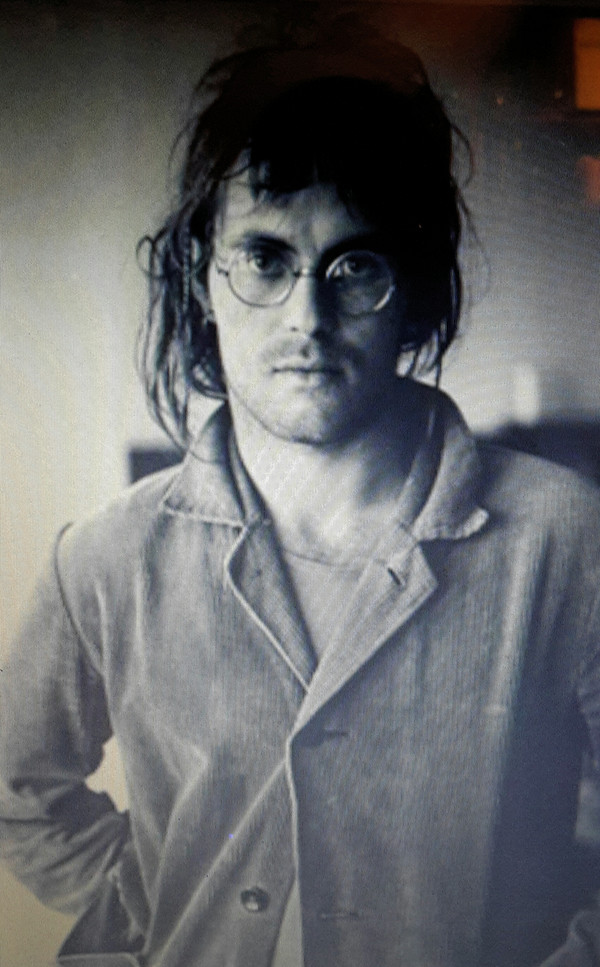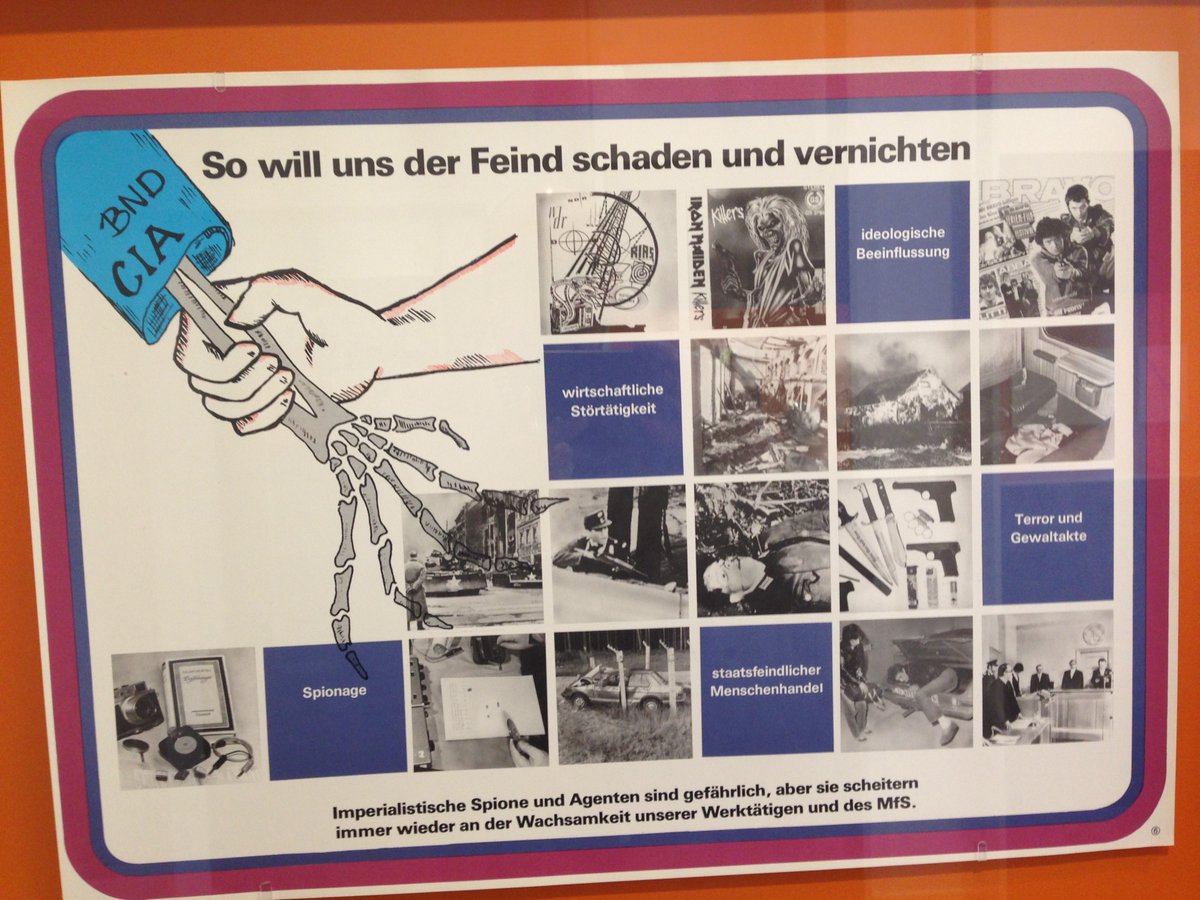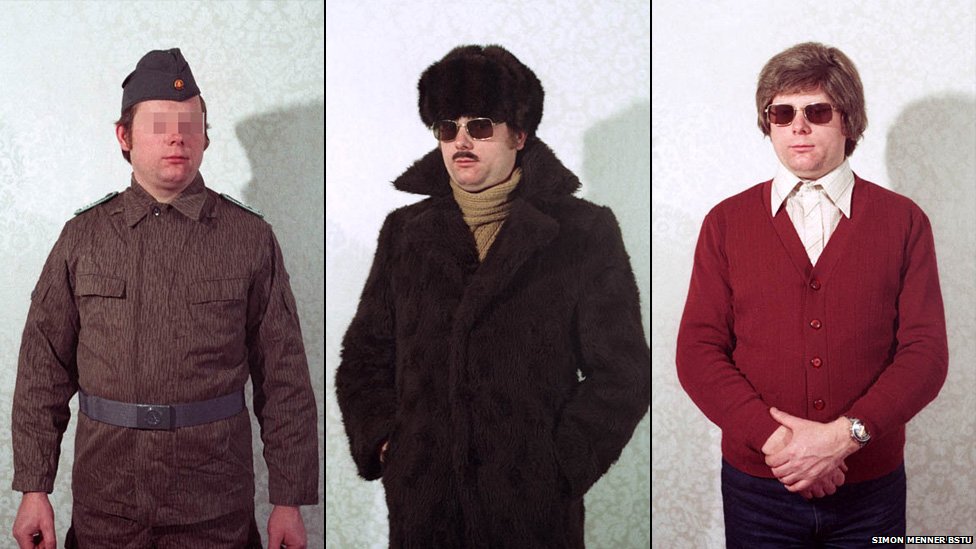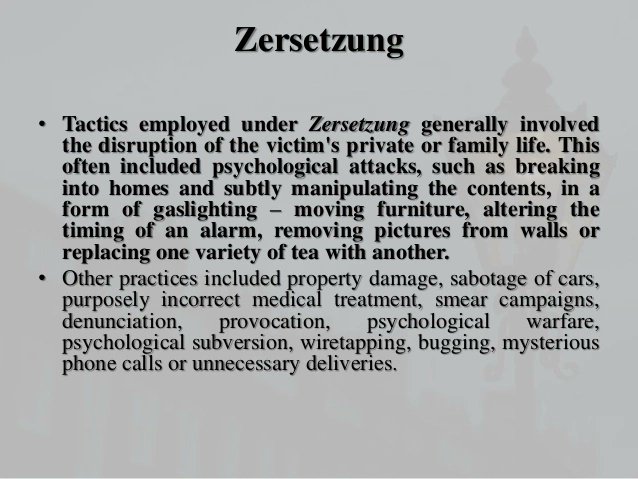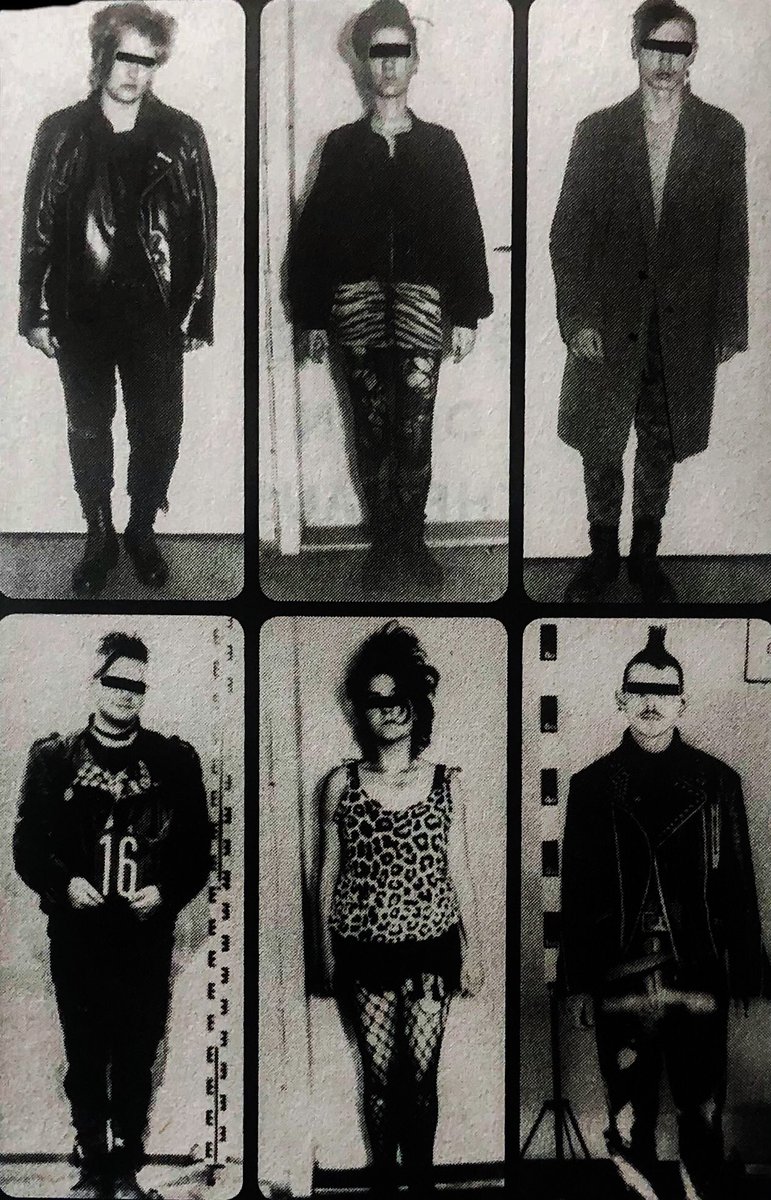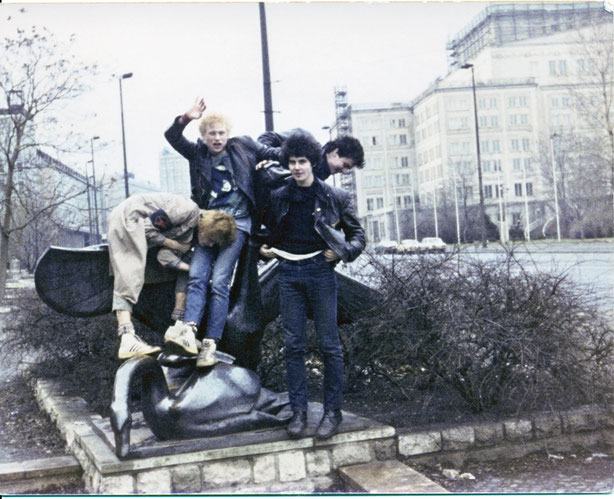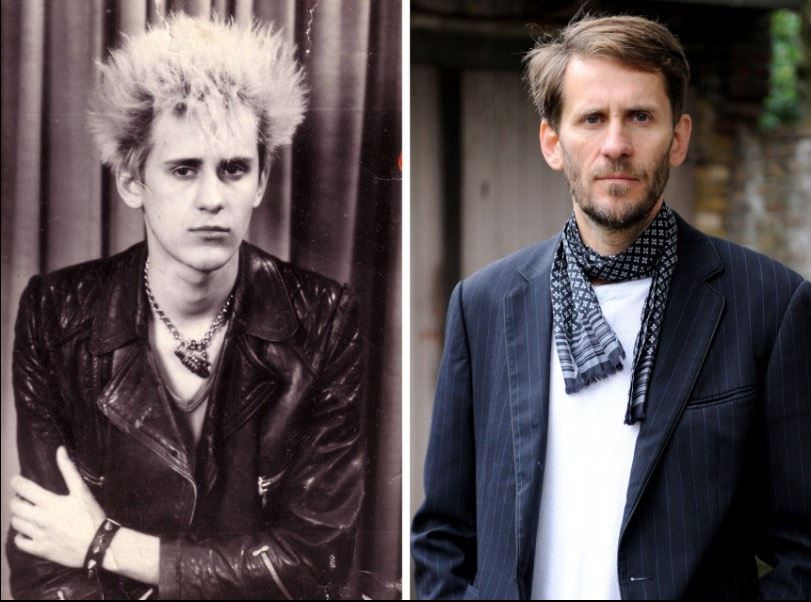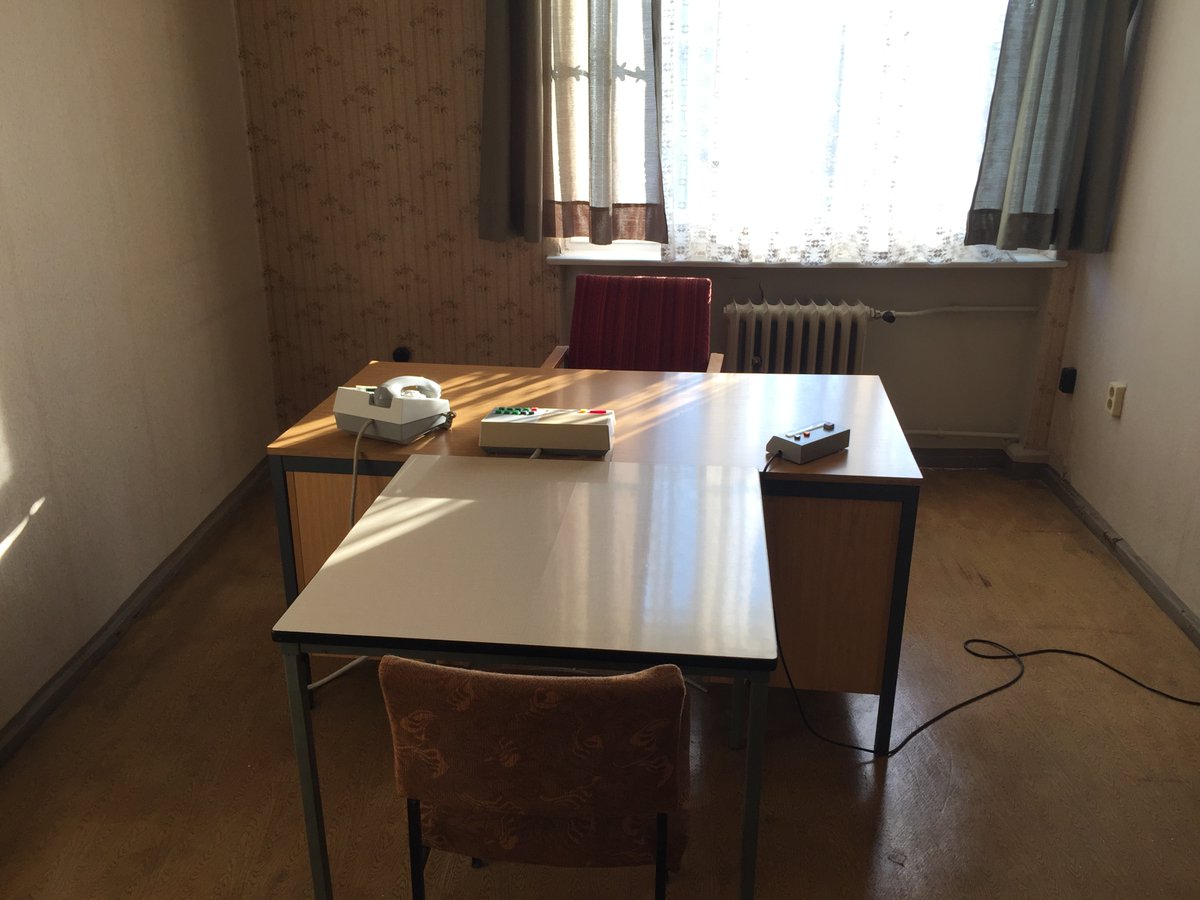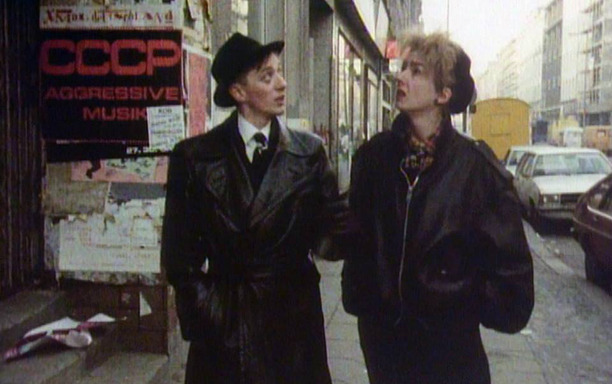It& #39;s possible that I may have mentioned once or twice that I have a novel out. It& #39;s called Red Pill and it& #39;s partly set in Berlin. While I was researching it, I found out a lot about life in the former East Berlin. Some of that found its way into the book. But there was more ...
I was interested in surveillance. These days we all have a spy in our pocket, and the people watching are mostly from big tech companies, looking to predict our behavior. In the GDR, they had the Stasi
At first I was interested in how the Stasi monitored political dissidents and artists - people like the writers Juergen Fuchs and Sascha Anderson
Fuchs was a staunch opponent of the regime, who served a prison sentence. He was eventually deported to the west, and died young of Leukemia, possibly as a result of being deliberately irradiated while in Stasi custody.
Anderson was a hyper-trendy poet in musician in 80& #39;s East Berlin. He was the king of the underground scene, who seemed to be able to make projects others couldn& #39;t. Why? After the fall of the wall it turned out he& #39;d been a Stasi informer all along
The Stasi were obsessed with the thought that the state could be undermined by cultural influences from the west
They had a huge surveillance apparatus, a network of agents and informers, often coerced or blackmailed into working with the secret police.
There was actually a Stasi university in Potsdam. There you could learn a set of techniques they called Zersetzung - undermining, or corrosion. The Stasi worked hard to destroy the lives, even the sanity, of people who opposed them
But the Stasi didn& #39;t just focus on political activists, or major cultural figures like this guy, the dissident singer Wolf Biermann https://www.youtube.com/watch?v=0e6q6tLRzGM">https://www.youtube.com/watch...
In the early 80& #39;s a new cultural movement found its way to East Germany. One that the Stasi culture cops were convinced was a Western plot to destroy the communist state. Punk.
I was amazed to discover how seriously the Stasi took the punk threat. Punks were arrested and harrassed. Bands were forbidden to perform. I should mention that in the GDR you needed a license to perform music in public. Only & #39;decent& #39; acts could get one
So even playing a gig was illegal. Yet there were underground punk bands. One of the very first was Planlos (plan-less, aimless). And that& #39;s the story I& #39;m telling in this episode of Into the Zone
And I find out what it was like to be a teenager, hauled in by the secret police just because of the way you dressed and the music you made. Here& #39;s the link to & #39;Never Mind the Stasi& #39;, today& #39;s episode of Into the Zone http://podcasts.pushkin.fm/itz-never-mind-stasi?sid=hk.twitter">https://podcasts.pushkin.fm/itz-never...
And here& #39;s how I turned all this into fiction, an excerpt from Red Pill that recently ran in the @NYerFiction https://www.newyorker.com/magazine/2020/07/06/a-transparent-woman">https://www.newyorker.com/magazine/...
I should also say (I obviously didn& #39;t plan this thread properly) that the show has a Manchester connection, through this guy, Mark Reeder. He was into Krautrock (and uniforms) and became a key figure in the West Berlin underground scene.
In that pic Mark is showing tv presenter Muriel Grey around Berlin for 80& #39;s British tv show The Tube. Mark shared a squat with Nick Cave and brought Joy Division to Berlin to play. He talks to me about smuggling in tapes for his East Berlin friends https://open.spotify.com/show/6CDmMBkOj8ruV9K35lTqzD?si=ub34XF7hTnetgIk2EeRBOA">https://open.spotify.com/show/6CDm...

 Read on Twitter
Read on Twitter
